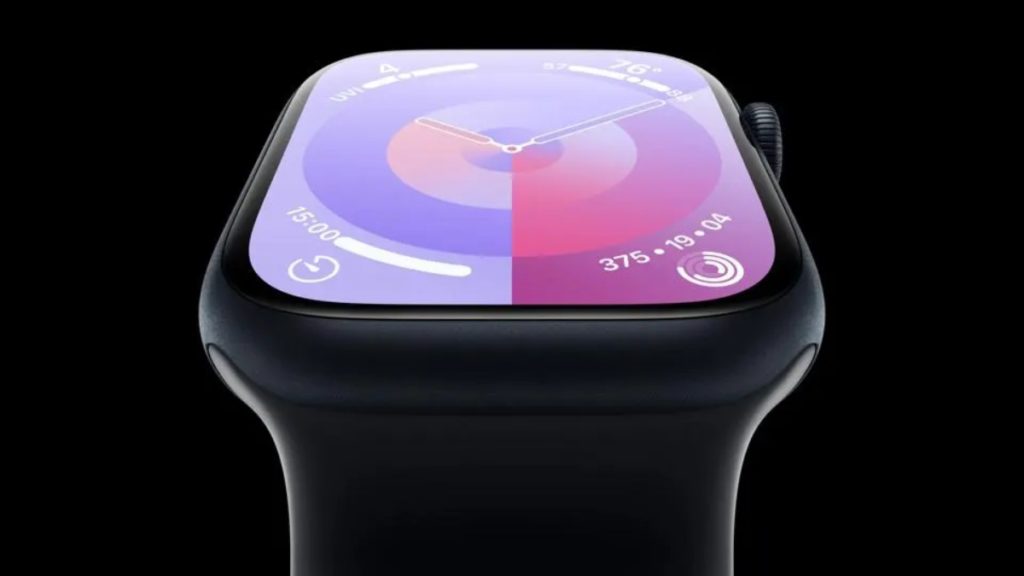Allegheny General Hospital (AGH), the flagship academic medical center of Allegheny Health Network (AHN), is among the nation’s top enrollment sites for a clinical trial exploring how an Apple Watch can be used to tailor daily oral anticoagulants (blood thinners) in certain patient populations diagnosed with atrial fibrillation (Afib).
The REACT-AF trial, which stands for “Rhythm Evaluation from AntiCoagulaTion with Continuous Monitoring of Atrial Fibrillation,” is led by researchers at Johns Hopkins Medicine and is funded by the National Institutes of Health.
The trial randomizes half of the enrollees to wear Apple smartwatches for 14 hours per day; watches are paired to patient iPhones and pre-programmed with a software that monitors irregular heart rhythms. If patients can go 30 consecutive days without an episode of erratic heart beats lasting longer than one hour, they are then able to stop their anticoagulant medication under clinical supervision. The other half of patients continue blood thinners without interruption.
REACT-AF aims to understand if short term use of blood thinners may be just as safe and effective for patients with infrequent Afib episodes, compared to continuous use.
“Although taking blood thinners daily is known to lower stroke risk in Afib patients, they are also associated with an increase in bleeding complications. The purpose of this trial is to better understand how to personalize anticoagulation safely and effectively, especially for patients with isolated atrial fibrillation episodes,” said Amit Thosani, MD, principle lead of the trial at AGH and Director of the Mario Lemieux Center for Heart Rhythm Disorders at AHN. “We’re extremely pleased to be one of the most active participants in this groundbreaking trial that blends new, wearable technology with fundamental principles of medication management.”
AFib is an irregular, often rapid heart rhythm that originates in the top chambers of the heart, reducing blood flow, increasing the risk of stroke and causing symptoms including palpitations, shortness of breath, and fatigue. Afib slows overall blood flow, allowing clots to form in the heart which can then travel to the brain increasing the likelihood of stroke.
In many cases, anticoagulants may be the best treatment for stroke prevention but they have been associated with an increased risk of bleeding. Launched in July 2023, REACT-AF is a randomized, blinded endpoint trial that aims to enroll 5,350 participants across roughly 100 US study sites.
Participation for patients will last up to five years where eligible participants are randomized to either the control group who stays on their blood thinner for the study, or the experimental group who receives an Apple Watch that continuously monitors for AFib every 15 minutes and stops their blood thinner.
To be eligible for the study, patients must be between 22 and 85 years old, have a history of AFib, have an iPhone, and be at a low to moderate risk for stroke.
“The use of smartwatches is an exciting advance in cardiovascular medicine – not only do they help clinicians make more informed decisions for therapeutic approaches, but they also give patients more agency to take control of their life and in turn, improve their overall health and well-being,” said Stephen Bailey, MD, cardiothoracic surgeon and Chair of AHN Cardiovascular Institute.
Article provided with permission from AppleWorld.Today

